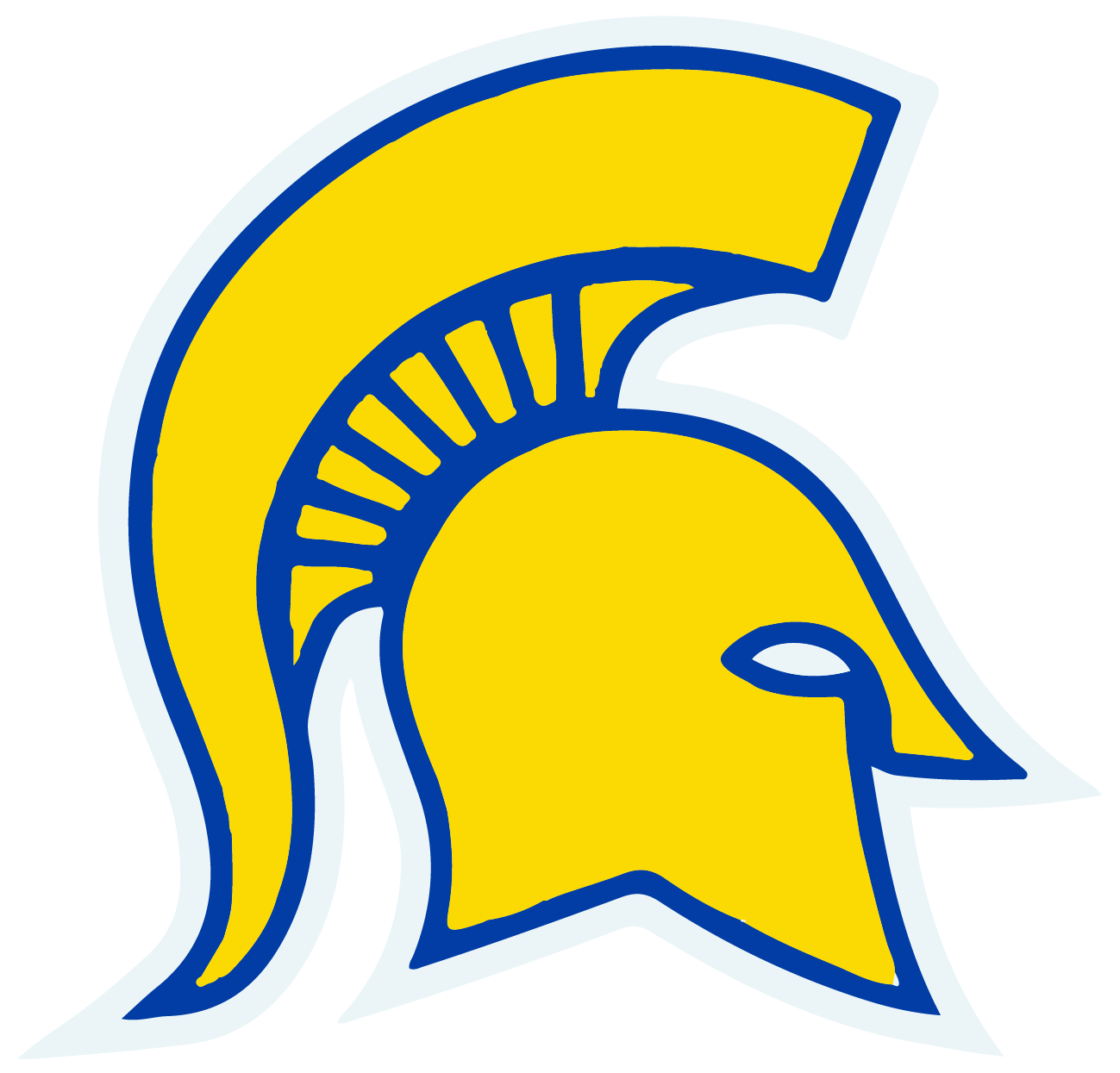You may have heard the term, ‘professional learning community’ used at Maine-Endwell over the years. The district began the work of becoming a Professional Learning Community (PLC)™ in 2003. This model focuses on fostering a culture of collaboration, shared responsibility, and a commitment to ongoing improvement among faculty and staff. Twenty-one years later, we continue the work and recognize the importance of sharing with you what this means for Maine-Endwell.
OVERVIEW: The three big ideas of a Professional Learning Community (PLC) provide a framework for improving school culture and enhancing student achievement. Here is a breakdown of each:
Focus on Learning: The primary mission of a PLC is to ensure that all students learn. This means shifting from a focus on teaching to a focus on learning, where educators ask, "What do we want students to learn? How will we know if they have learned it? What will we do if they do not learn? What will we do if they already know it?" This approach emphasizes clarity around essential learning outcomes, providing interventions for students who struggle, and enrichment for those who are ready to go further.
Collaborative Culture: In a PLC, collaboration is essential. Educators work in teams to achieve common goals linked to the learning of all students. Collaboration involves sharing best practices, discussing student work, analyzing data together, and supporting each other in improving teaching practices. This culture of collaboration fosters a sense of shared responsibility and collective efficacy, where educators believe that by working together, they can positively impact student achievement.
Focus on Results: PLCs are driven by results-oriented practices. They use evidence of student learning to guide their work and inform decisions. This involves regularly analyzing data to assess the effectiveness of teaching strategies and interventions, determining areas of improvement, and celebrating successes. A focus on results ensures that the efforts of the PLC are impacting student learning and that the school is continuously progressing toward its goals.
2023-2024: Our focus for 2023-2024 was creating department essential standards, which refer to the most critical learning outcomes that students must master to be successful in their current and future academic endeavors. These are the standards deemed most vital for students' academic success and life skills. Essential standards are a subset of the broader curriculum standards, carefully selected based on their importance, relevance, and endurance. They represent the foundational skills and knowledge that students need to progress to the next level of learning. These standards are prioritized because they are critical for understanding more complex concepts in future grades or subjects.
By identifying essential standards, educators ensure that they have a clear and shared focus on what students need to learn. This helps avoid an overwhelming curriculum where too many topics are covered superficially, allowing for deeper understanding and mastery of the most important concepts. These standards help educators ensure that their teaching practices are aligned with what students are expected to learn, making it easier to monitor progress and identify areas where students need additional support or enrichment.
By focusing on essential standards, all students have equitable access to the most important knowledge and skills they need to succeed. It promotes consistency across classrooms and schools, ensuring that all students are held to the same high expectations and can learn and master essential content. In our PLC, teachers have worked collaboratively to identify essential standards and develop strategies to teach them effectively. This collaborative process ensures that educators are aligned in their understanding of what is essential, how to teach it, and how to measure student mastery.
2024-2025: For 2024-2025, we are focusing on PLC Question 2, "How do we know if students are learning?" for the 2024-2025 school year, emphasizes the importance of gathering and analyzing evidence of student learning. This focus aims to ensure that the educational strategies and interventions used are effective and that all students are mastering essential standards.
We will be developing common formative assessments (assessments that collect evidence of student learning before being graded). The data collected from these assessments will be used to inform instruction (what is working, not working), identify curriculum and standards that students need more support and / or have learned, and to give faculty and leaders data, engage in reflective discussions with your PLC team about what worked well and what could be improved. For the 2024-2025 school year, we have added three (3) Early Release Days – January 17, February 13, and March 28 – to provide time for our faculty and leadership to learn and strengthen our PLC.
Consider this an introduction to our work and a commitment to share with you our progress, challenges, and celebrations moving forward. As always, thank you for your continued support of the district. Great schools start with great kids – we are fortunate for that!

